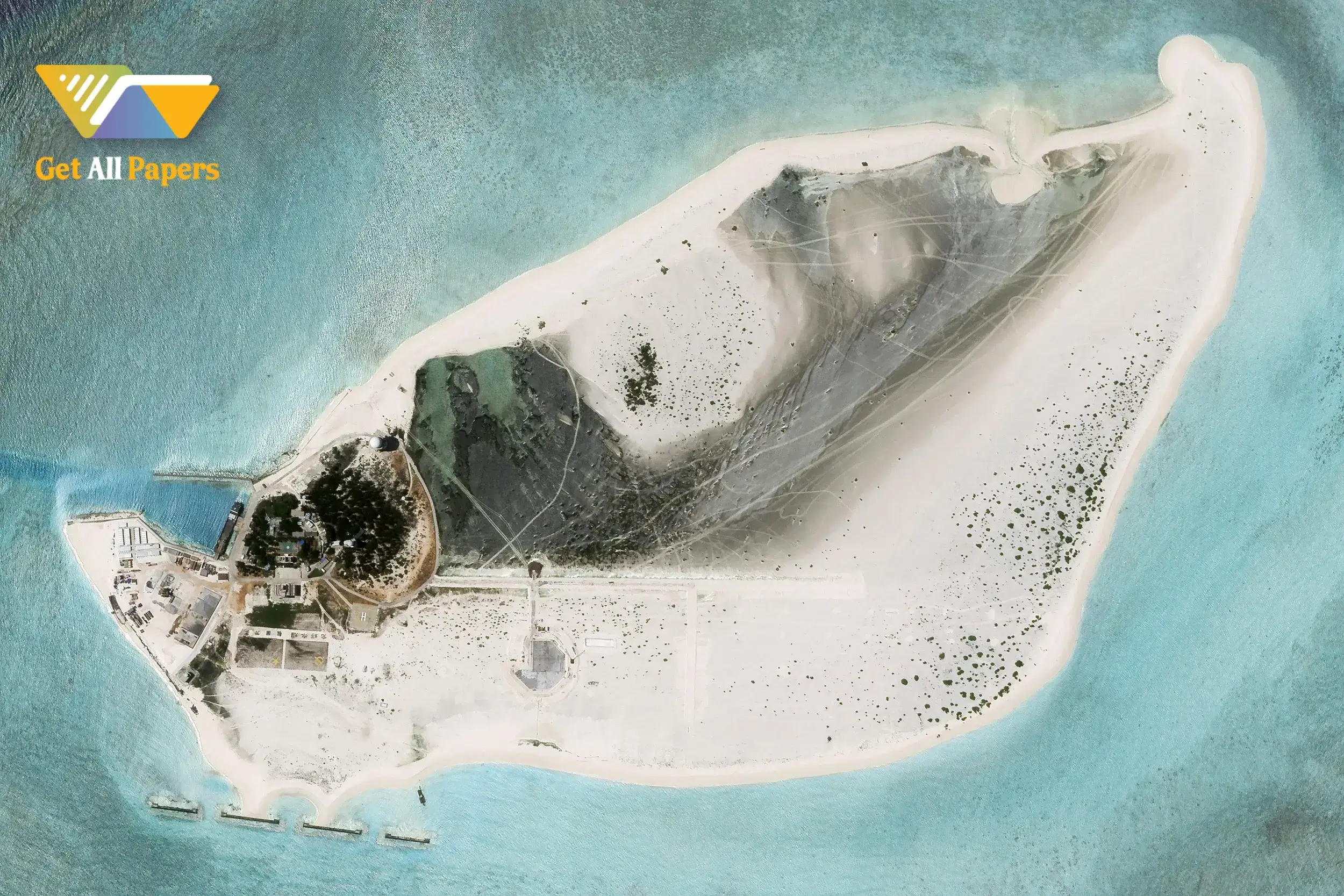
China Builds Airstrip On Disputed Triton Island: Balancing Sovereignty And Regional Stability
Written By: Alison B. Hurt
Published On: June 23,2023
Introduction
The South China Sea has been a focal point of international attention in recent years due to territorial disputes and the militarization of several islands in the region. One such contentious development was China's construction of an airstrip on Triton Island, a disputed landmass in the Spratly archipelago. This move by China has raised concerns and provoked discussions about sovereignty, regional stability, and the role of international law. In this essay, we will delve into the background of the Triton Island dispute, examine China's motivations for building an airstrip, and explore the implications of this development on regional dynamics and global politics.
Background of the Triton Island Dispute
Triton Island, also known as Zhongjian Island in Chinese, is part of the Spratly Islands in the South China Sea. The Spratlys are a group of over 100 small islands, reefs, and atolls, claimed in part or whole by multiple countries, including China, Vietnam, the Philippines, Taiwan, Malaysia, and Brunei. These overlapping territorial claims have resulted in disputes and tensions in the region for decades.
China's territorial claim over Triton Island, like many of its claims in the South China Sea, is based on historical records and the nine-dash line map, which it argues provides evidence of its historical sovereignty over the area. Other claimants, notably Vietnam and the Philippines, dispute China's claims and assert their own rights over Triton Island and the surrounding waters.
China's Motivations for Building an Airstrip
China's construction of an airstrip on Triton Island is not an isolated incident but part of a broader strategy aimed at asserting its dominance in the South China Sea. Several motivations underlie this move:
- Strategic Military Advantage: An airstrip on Triton Island enhances China's military capabilities in the region. It allows for the rapid deployment of military aircraft, surveillance, and reconnaissance assets, thereby extending China's strategic reach and control over the disputed waters.
- Resource Exploration and Protection: The South China Sea is rich in natural resources, including fish and potentially significant oil and gas reserves. By fortifying its presence on Triton Island, China can better protect its interests in resource exploration and fisheries.
- Diplomatic Leverage: China's continued expansion in the South China Sea serves as a bargaining chip in diplomatic negotiations with other claimants. The construction of the airstrip strengthens China's position at the negotiating table.
- Nationalism and Domestic Politics: Domestically, portraying itself as a strong defender of its territorial claims in the South China Sea resonates with Chinese nationalism and bolsters the legitimacy of the Chinese Communist Party.
Implications for Regional Stability
The construction of an airstrip on Triton Island has significant implications for regional stability:
- Escalation of Tensions: China's actions in the South China Sea have raised concerns about an escalation of tensions in the region. Other claimant states, particularly Vietnam and the Philippines, view these developments as a direct challenge to their sovereignty and have responded by increasing their military presence in the area.
- Diminished Trust: The militarization of disputed islands erodes trust among claimant states and complicates diplomatic efforts to resolve the South China Sea disputes peacefully. Trust-building measures are essential for maintaining regional stability.
- Risk of Accidental Conflict: The presence of military infrastructure, including airstrips, on these disputed islands increases the risk of accidental confrontations or incidents, potentially leading to a larger conflict with far-reaching consequences.
- Regional Alliances: The tensions in the South China Sea have prompted regional countries to strengthen alliances with external powers such as the United States and Japan, leading to a complex web of geopolitical relationships that can further destabilize the region.
International Response and Legal Framework
The international community has expressed concern about China's actions in the South China Sea, including the construction of the airstrip on Triton Island. The United Nations Convention on the Law of the Sea (UNCLOS) forms the primary legal framework governing maritime disputes, but China has refused to accept international arbitration under UNCLOS for disputes in the South China Sea.
The role of the United States in the region is also pivotal. The U.S. has conducted freedom of navigation operations (FONOPs) in the South China Sea to challenge what it sees as excessive maritime claims, including those made by China. This has added a layer of complexity to the situation, as it represents a contest between two major powers.
Conclusion
China's construction of an airstrip on Triton Island is a contentious development in the broader South China Sea dispute. It reflects China's determination to assert its sovereignty and strategic interests in the region, but it also raises concerns about regional stability, escalating tensions, and the erosion of trust among claimant states. The international community, led by the United Nations and the involvement of external powers, must continue diplomatic efforts to defuse tensions and promote a peaceful resolution to the South China Sea disputes. Finding a balance between asserting sovereignty and maintaining regional stability remains a complex challenge that requires careful consideration and cooperation among all parties involved.
To checkout more about recent scenarios and on-going situation in world visit getallpapers.com
Related Posts
Popular Article

A guide to write a rhetorical essay
12.1.2023

A guide to write a rhetorical essay
27.1.2023





